If you’re planning to sell your house in the near future, it’s only natural that you’ll have a list of home upgrades to get through, maximizing the value of your home when it hits the property market. However, don’t get carried away because many of those projects on your list are likely unnecessary. In fact, they could even detract value in some cases, so to avoid unnecessary trouble, here are some home upgrades that won’t pay off when you sell.
Swimming Pools
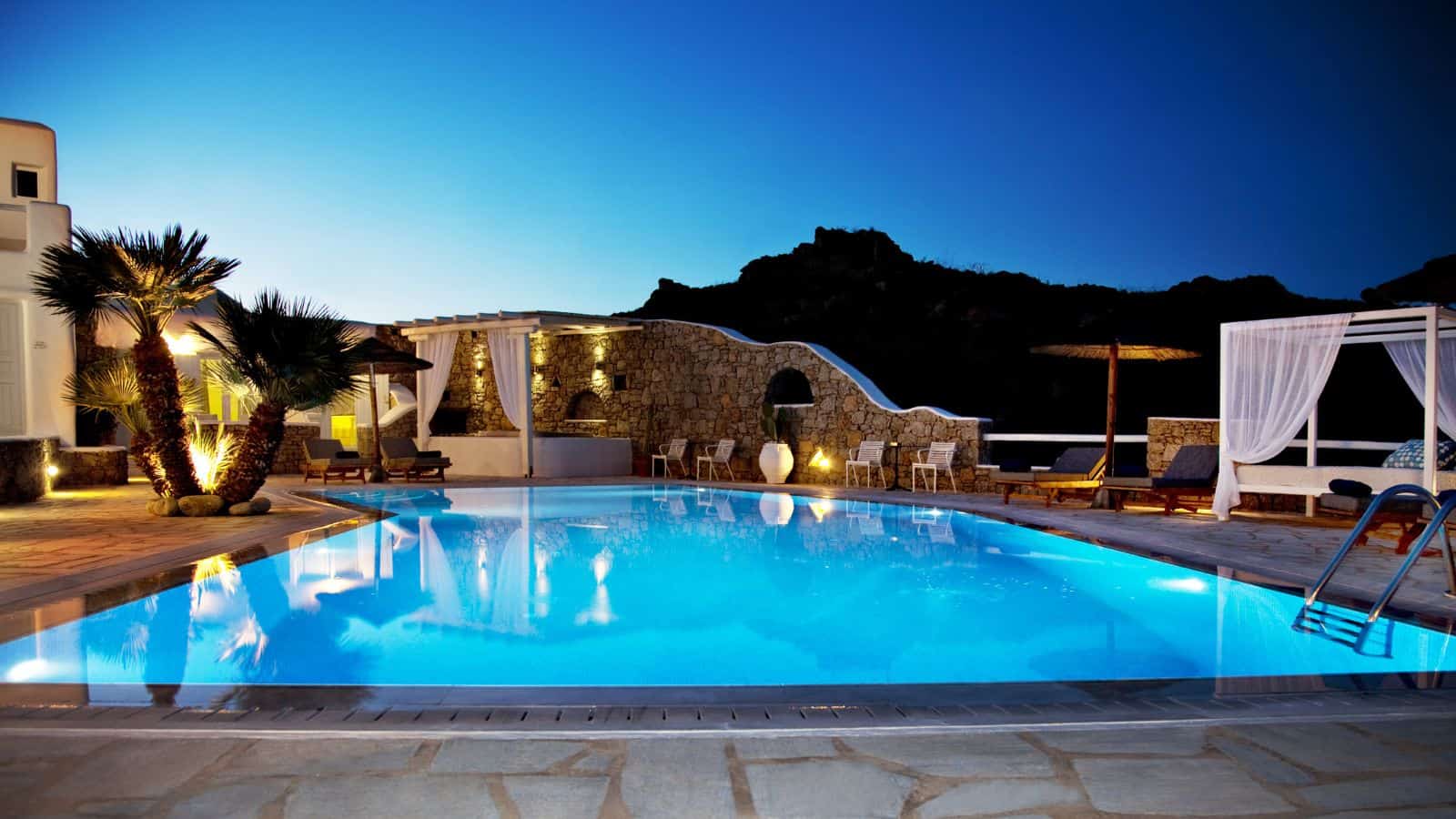
Depending on the area you live in, building a swimming pool in your backyard can either be an excellent investment or a waste of money. In warmer climates where outdoor living is key, pools can certainly increase appeal and even value, but in cooler or seasonal climates, they’re often seen as a liability. Buyers could even be deterred by maintenance costs and safety concerns, particularly for families with young children, so unless pools are the norm in your area, tread carefully.
High-End Kitchen Appliances
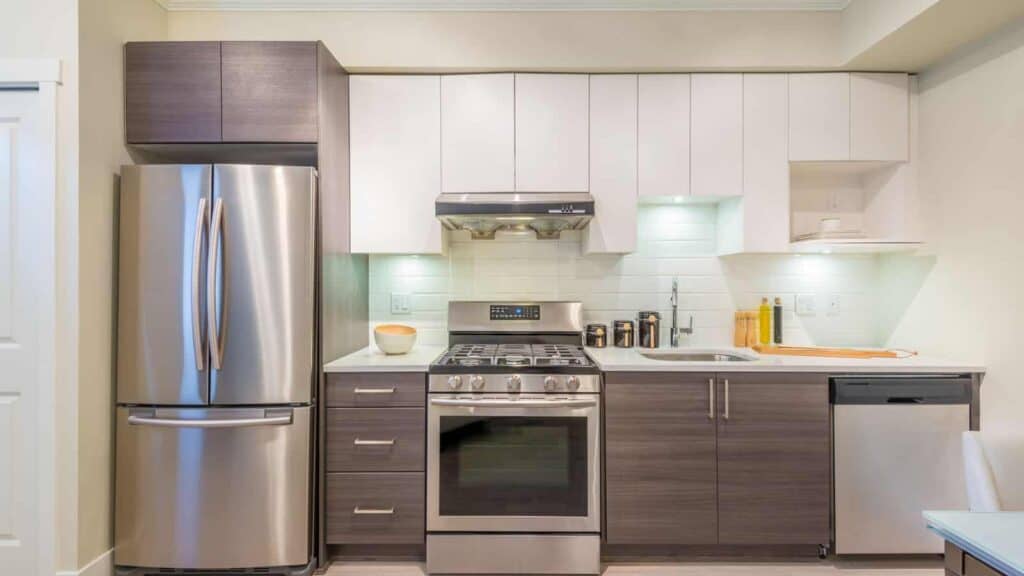
When planning to sell their homes, some people rush to install high-end appliances into their kitchens, as they see it as a solid investment that will add thousands to their property value. In reality, though, this is rarely the case, as preferences can vary widely among buyers. Sure, energy-efficient appliances can appeal to more buyers and may slightly increase your home’s allure, but don’t get carried away with lavish additions, as they’ll likely be a waste of money.
Lavish Landscaping
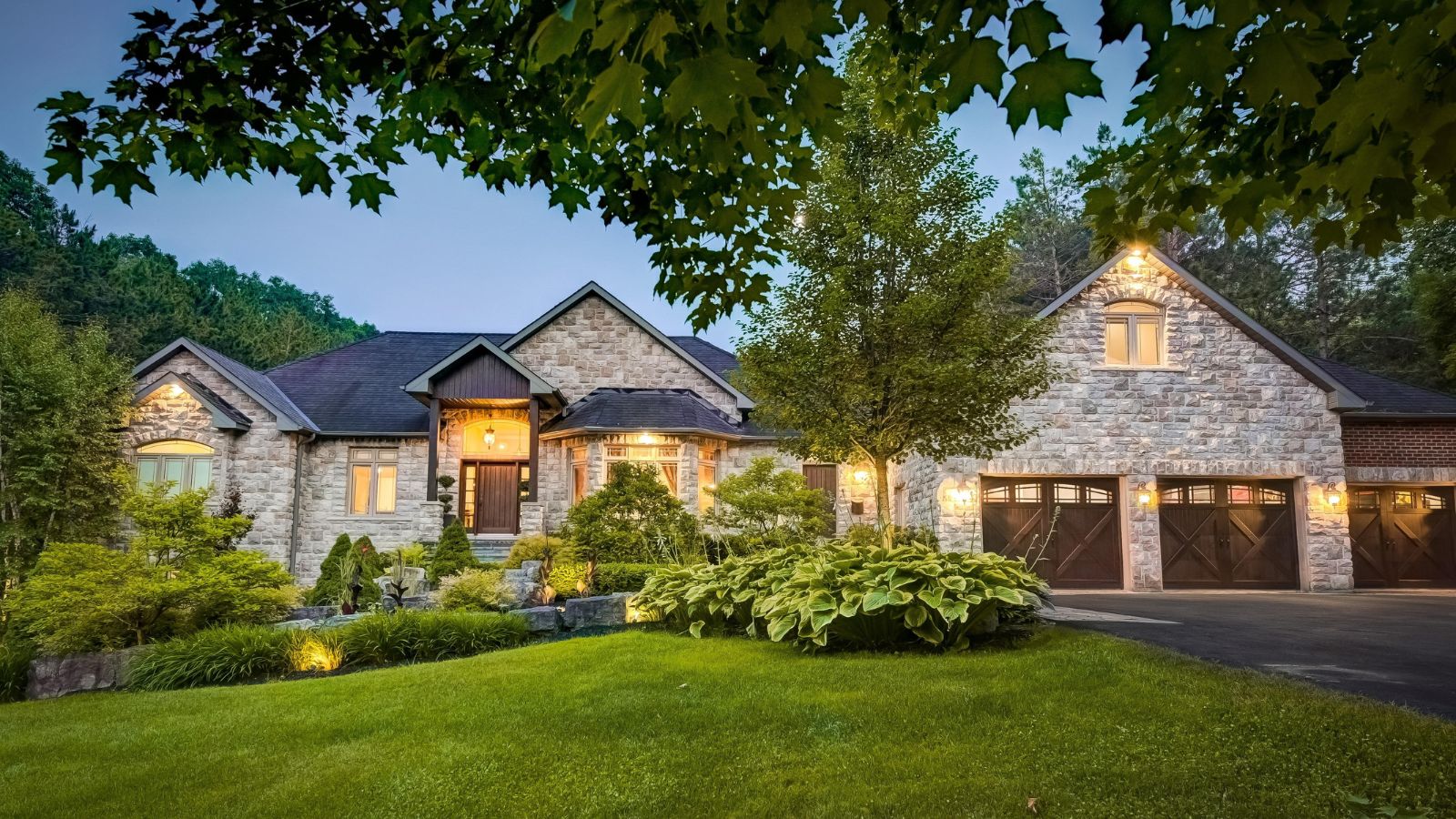
There’s no denying that a beautifully landscaped garden adds curb appeal, but elaborate setups that require extensive upkeep may not resonate with buyers who aren’t keen on gardening. Many will prefer low-maintenance and drought-resistant plants, especially among eco-conscious or busy buyers. So, don’t assume that just because you have the time to maintain your fancy front yard, others will do.
Customized Home Offices

These days, working from home is becoming increasingly common, tempting many property sellers to design custom home offices to increase the value of their homes. However, every remote worker is different, so if they see a premade home office, they might not value it much, preferring to scrap it and create their own. Furthermore, plenty of people still have regular jobs, so it’s best to leave the room empty, perhaps mentioning it to your realtor as a potential listing detail.
Converted Garage Spaces
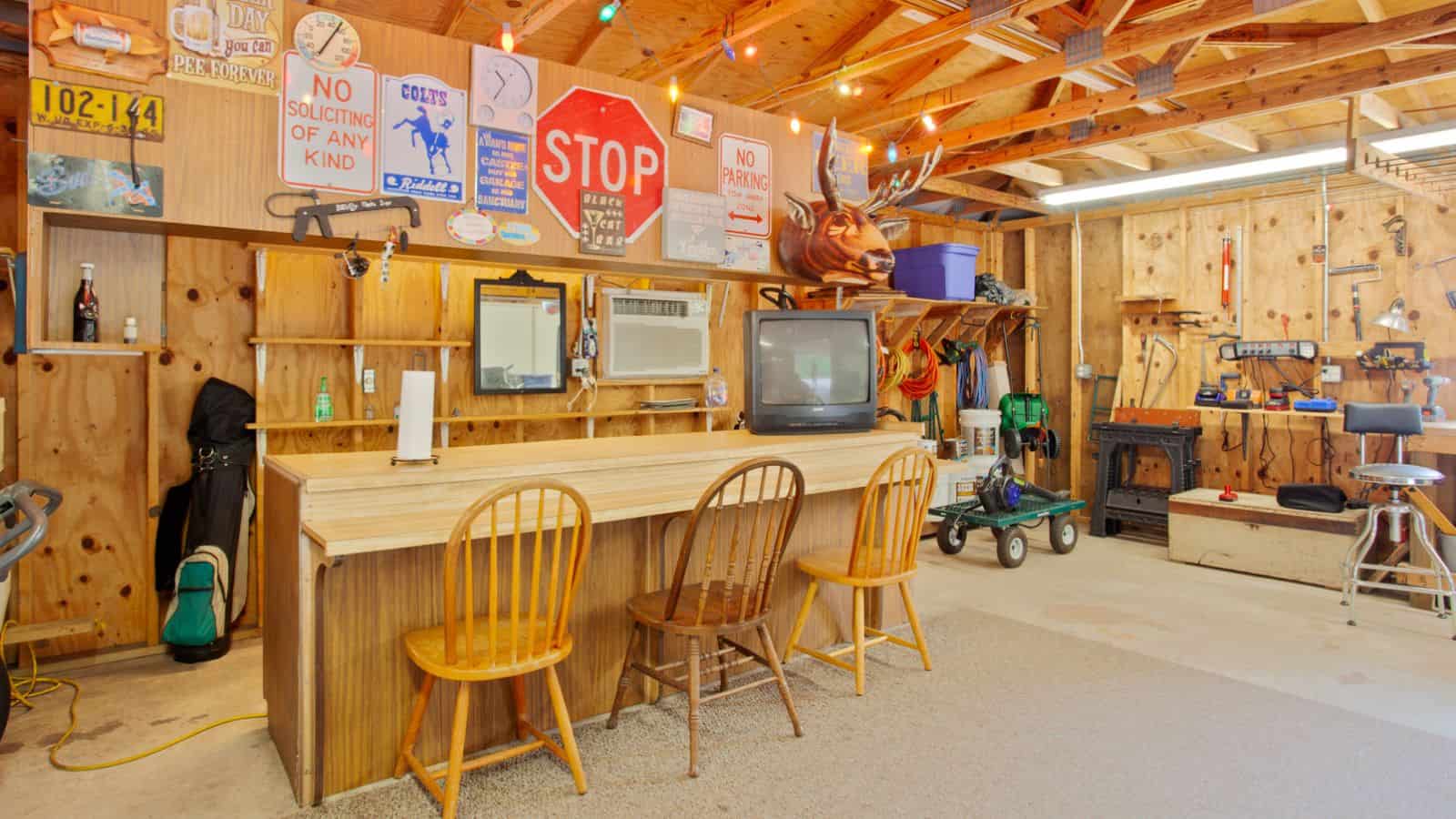
Just like with home offices, some people transform their garage into a specialized area, such as a gym or a music studio, only to find it makes their home hard to sell. Yes, this project may have met your lifestyle needs, but most buyers value garages for parking or storage. So, before you sell your home, pack up any personal touches and leave the garage bare so that prospective buyers can visualize their car being parked there.
High-End Bathroom Finishes
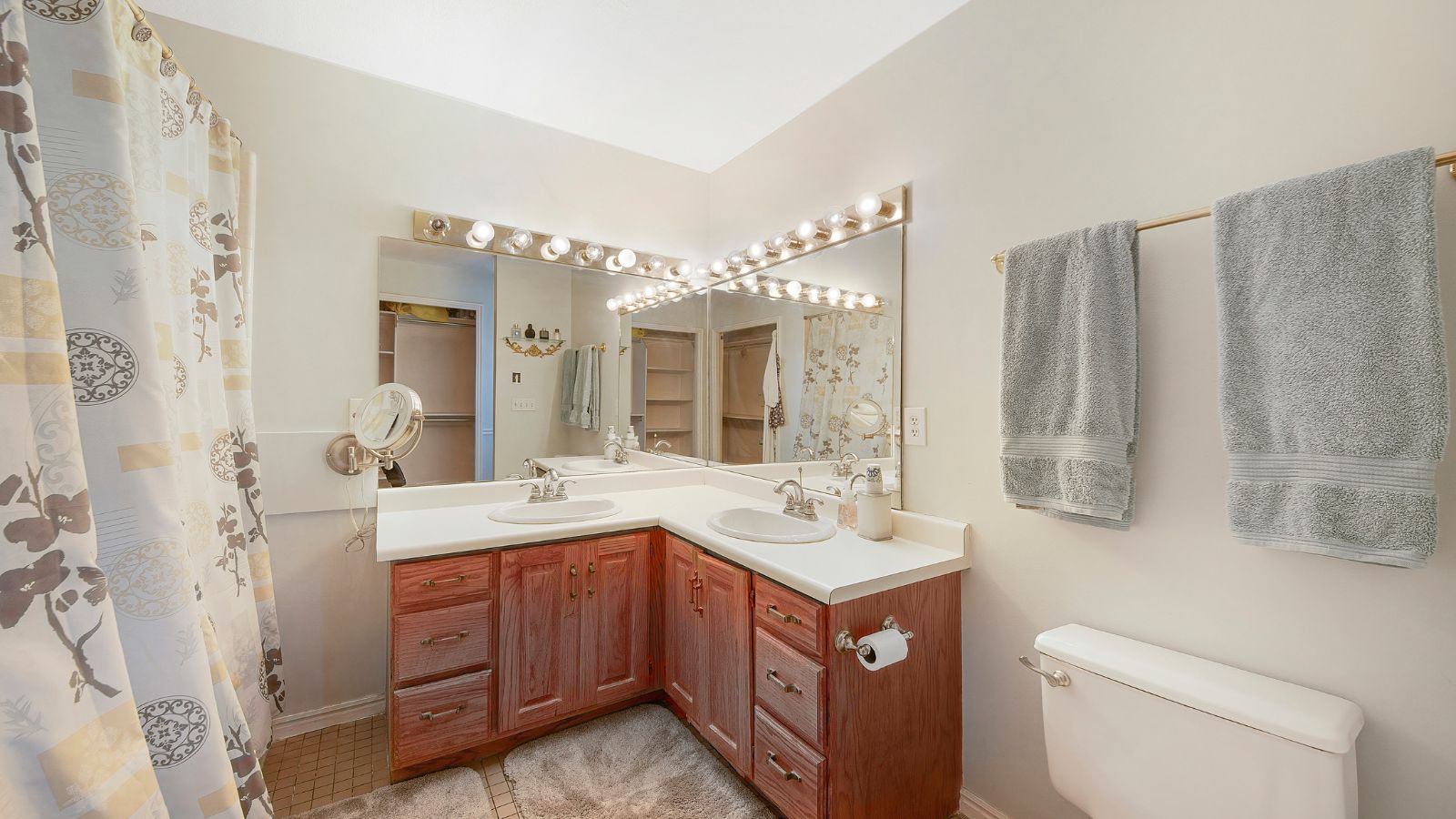
In a similar way to kitchen appliances, luxurious bathroom finishes are rarely worth the investment–unless you’re planning to keep your home for your own enjoyment. We can’t deny that they can make bathrooms feel glamorous, but not everyone wants that, often preferring more neutral, modest finishes.
Wine Cellars

Another home upgrade that is unlikely to pay off when you sell is a custom wine cellar. You might think that this is a standout feature of your home if you’re a wine fanatic, but it appeals only to a niche group of buyers. Ultimately, in typical residential markets, it’s often seen as wasted space, so it would be far wiser to keep this space empty so that buyers can visualize their own use for it.
In-Ground Hot Tubs
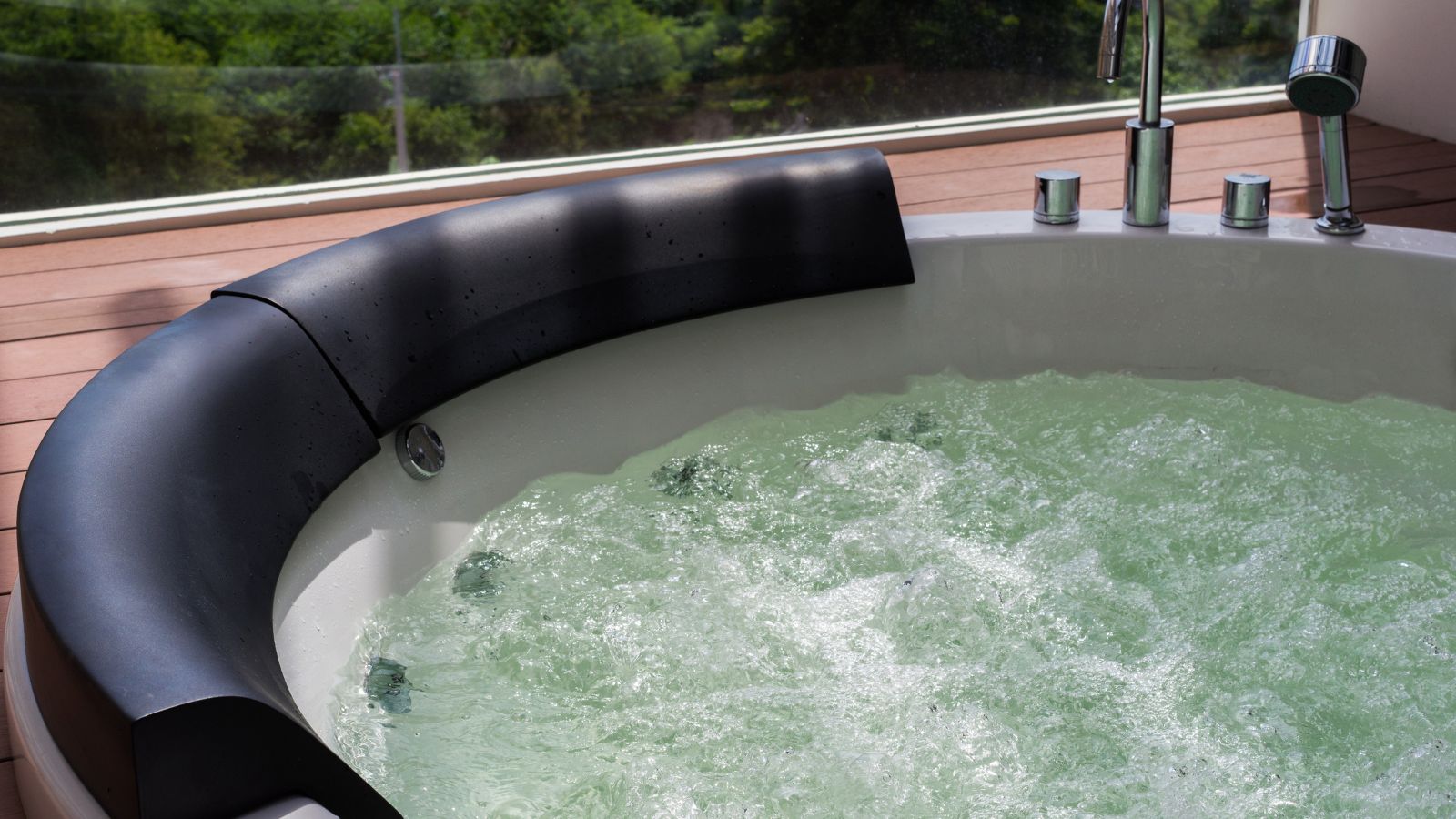
Regardless of the weather, an in-ground hot tub offers an opportunity for relaxation in any garden, but they don’t appeal to everyone. On the contrary–many people avoid them due to the maintenance concerns, costs, and even safety issues that are associated with them, deterring buyers who aren’t interested in the upkeep.
Wallpapered Rooms
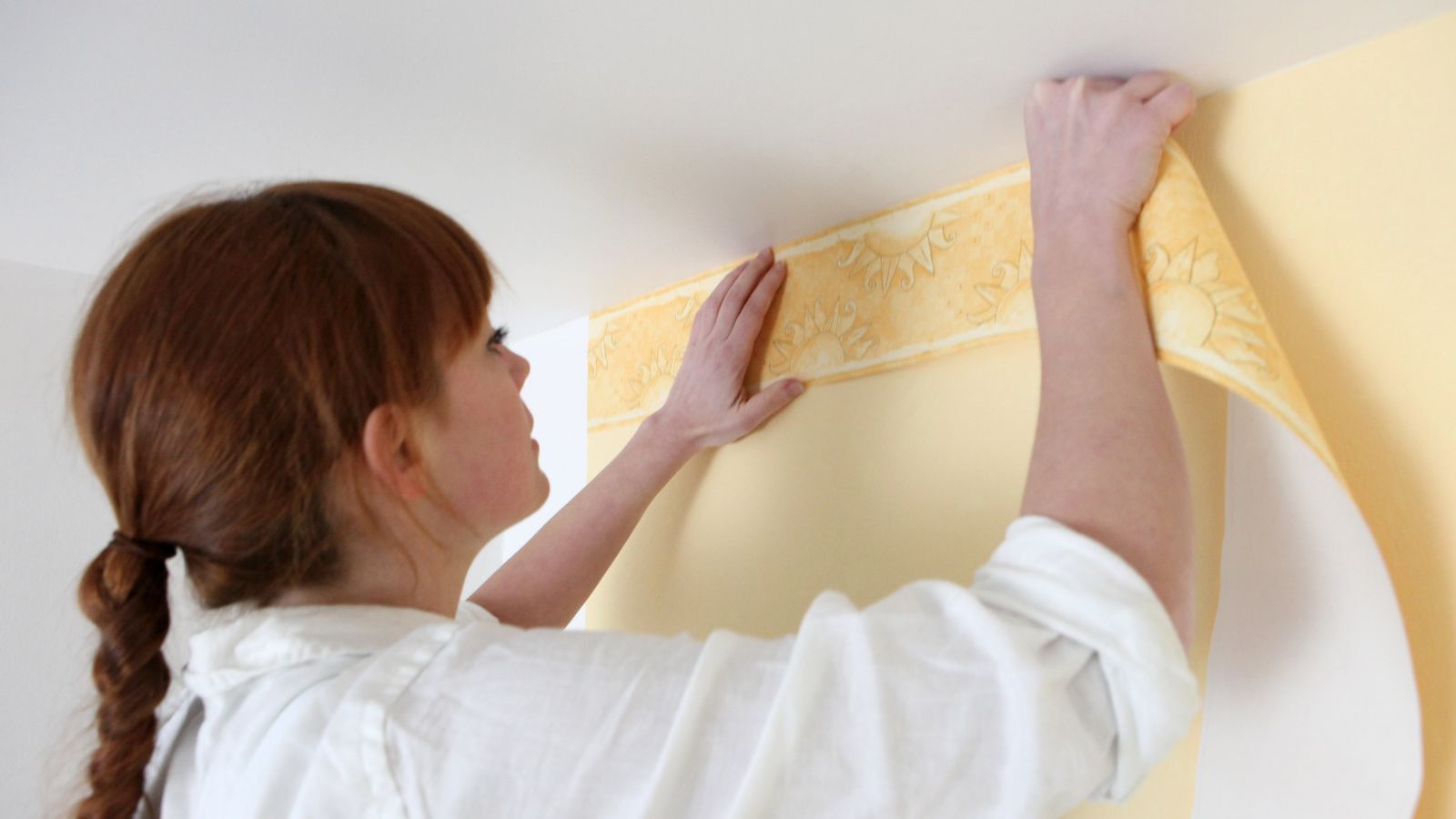
Back in the ‘90s, wallpaper was known to bring personality to a space, but today, it can be divisive. Modern buyers often prefer neutral, painted walls that look more sleek, minimalist, and avant-garde. Even if the buyer does want wallpaper, they’ll likely want to choose their own, so consider stripping yours to give them room for visualization.
Sunrooms
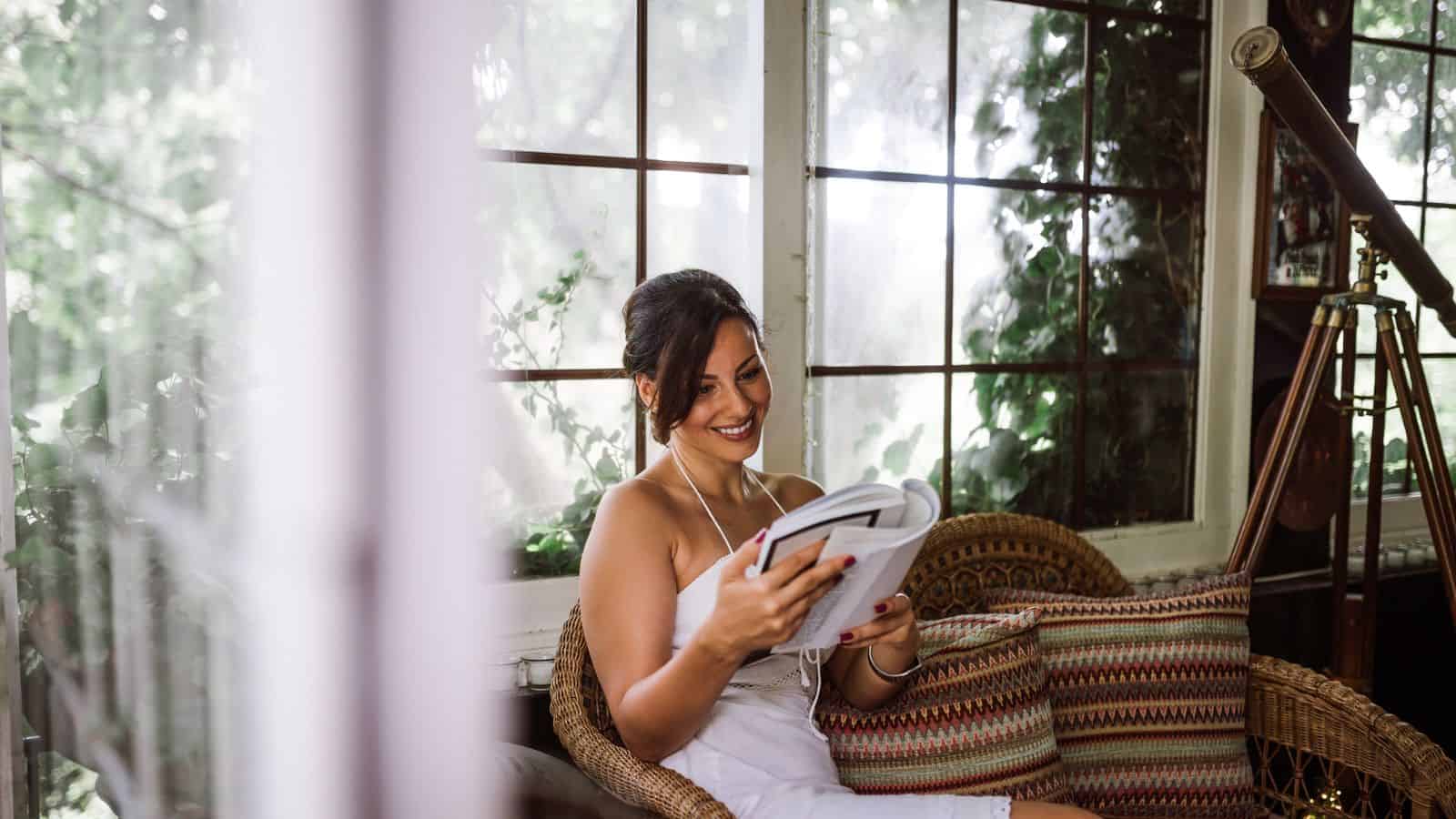
While a sunroom can certainly add charm to a home, it often doesn’t have a strong return on investment, especially if it isn’t climate-controlled. Buyers may view sunrooms as nice-to-have spaces rather than essential ones, particularly in areas with varied seasonal weather. If it’s usable year-round, a sunroom might add more appeal, but overall, it’s considered a low-ROI addition by most buyers.
Home Gyms
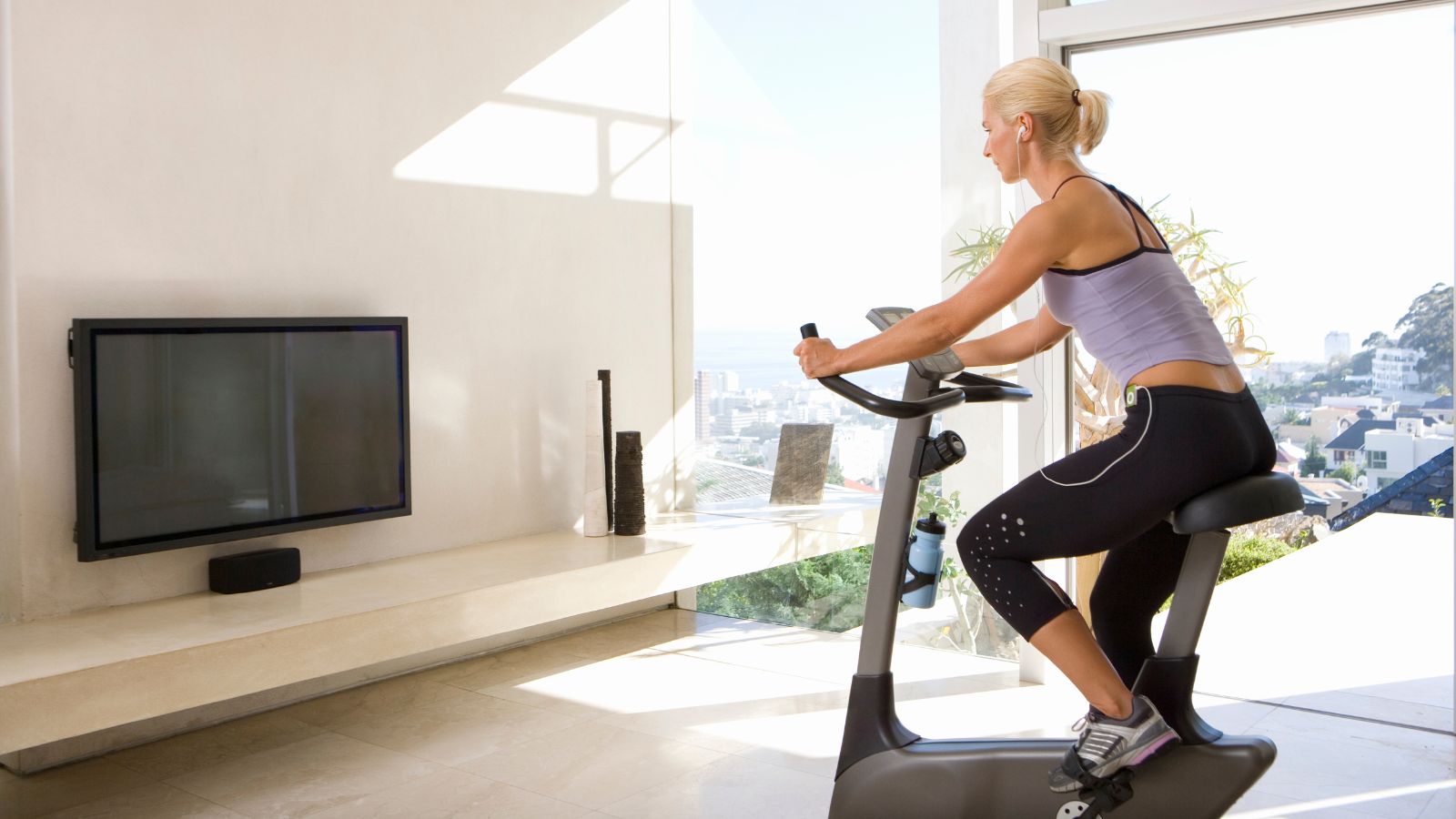
We previously mentioned that converting your garage into a home gym isn’t a wise idea, but that goes for any other space in your home. Ultimately, it just doesn’t appeal to everyone, with many people prefer outdoor activities or jogs to meet their exercise needs. Therefore, buyers might see your gym as a hindrance rather than a benefit, potentially reducing the value of your home.
Wall-to-Wall Carpeting
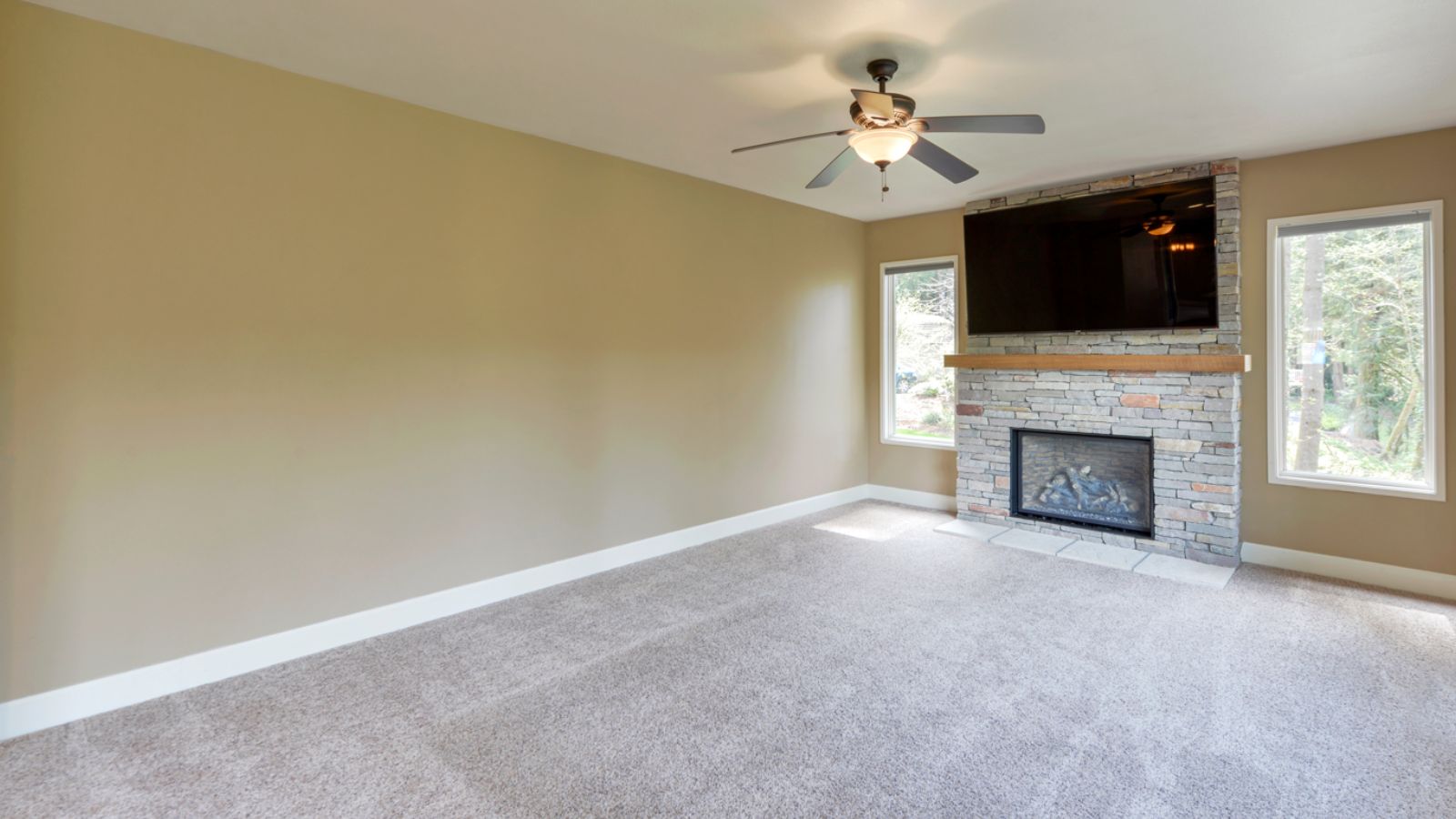
As with wallpaper, wall-to-wall carpeting was a big deal a couple of decades ago, but today, it doesn’t have broad appeal. Modern buyers prefer hardwood or laminate flooring for its durability and ease of maintenance, not to mention the fact that carpeting can also trap allergens and require more cleaning.
Room Expansions
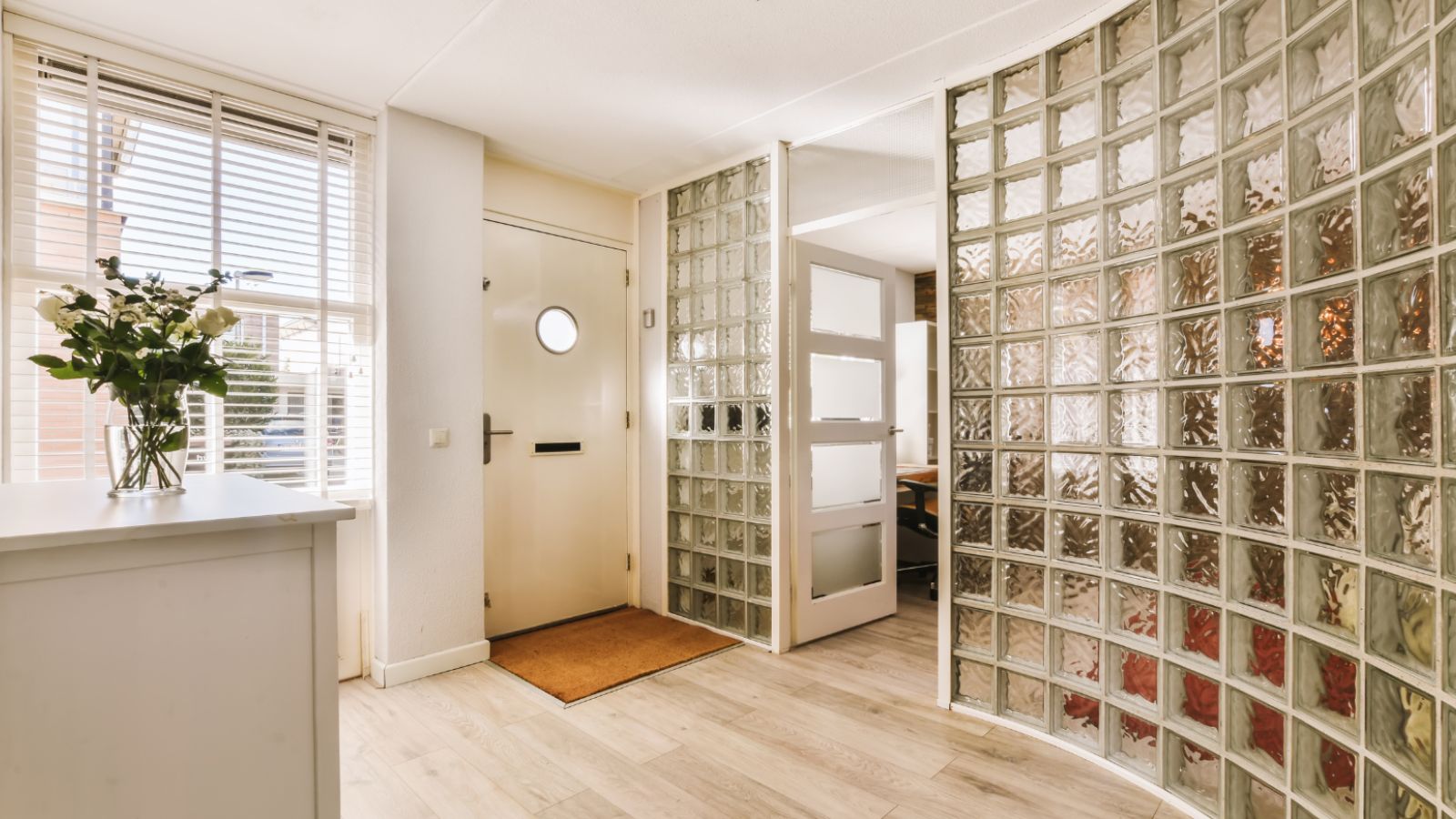
Knocking down walls to create an open space can give a home a fresh feel, but it may limit flexibility for buyers who need multiple rooms. Yes, open-concept layouts are popular, but removing too many walls might reduce the number of bedrooms or offices, making the home feel less functional for larger households. At the end of the day, if a buyer wants to knock down walls, they can do this themselves, so don’t put limits on their vision.
Smart Home Tech
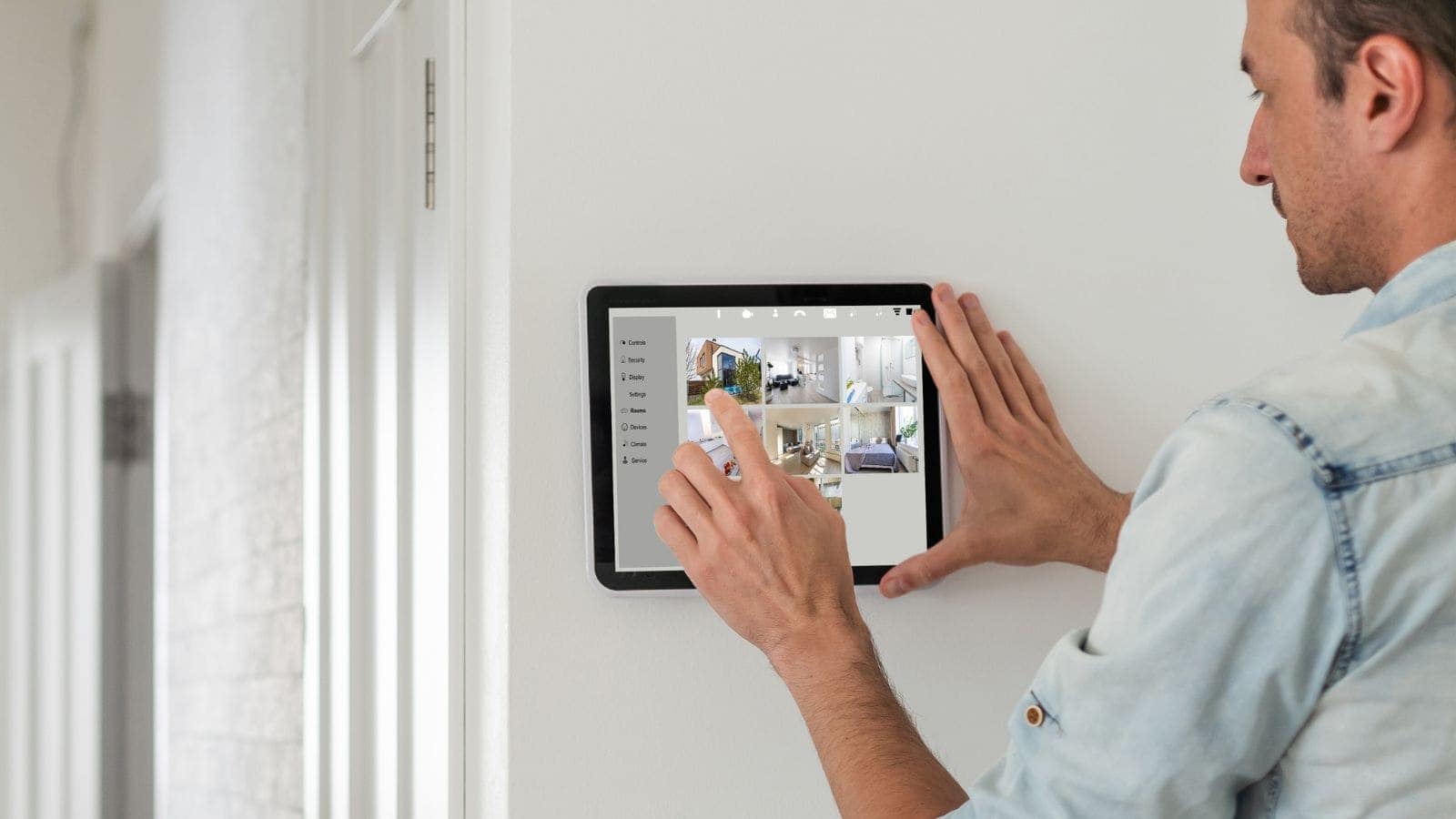
Nowadays, people often recommend installing smart home technology to increase a property’s value, but this won’t always work. Overly complex systems can deter some buyers who might be looking for a simple abode, especially in areas with an older demographic. Installing some smart home tech could be a wise choice, but stick to simple, user-friendly tech to maximize your home’s accessibility.
Built-In Entertainment Furniture
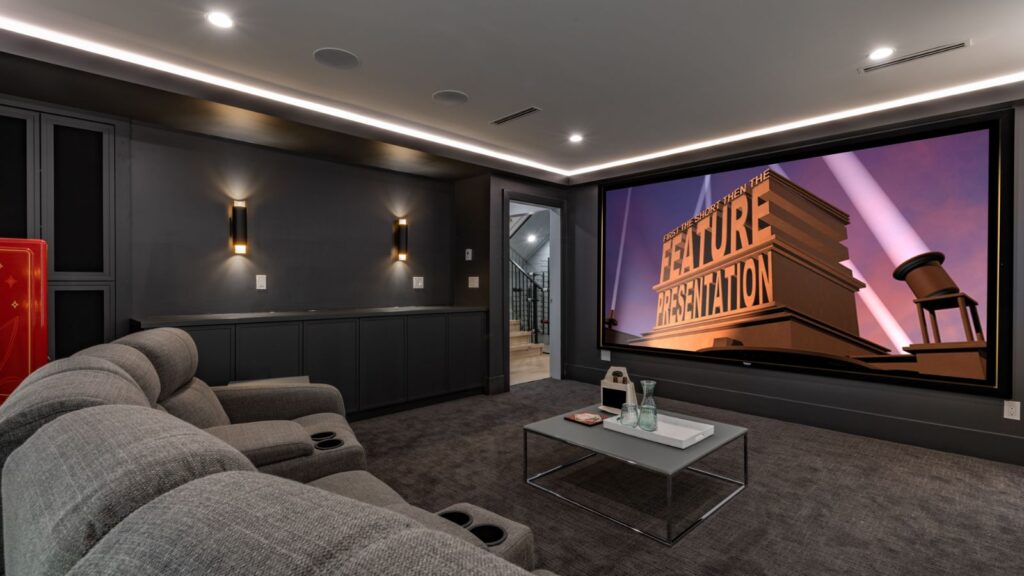
As with smart home technology, custom entertainment centers designed to fit specific technology setups can be a red flag for some buyers. They might prefer flexibility with how they arrange their living spaces, and built-ins can limit these options. Ultimately, removable furniture allows buyers to personalize a room, while built-in units may require extra effort to adjust, making them less appealing in the long run.
Over-the-Top Lighting Fixtures
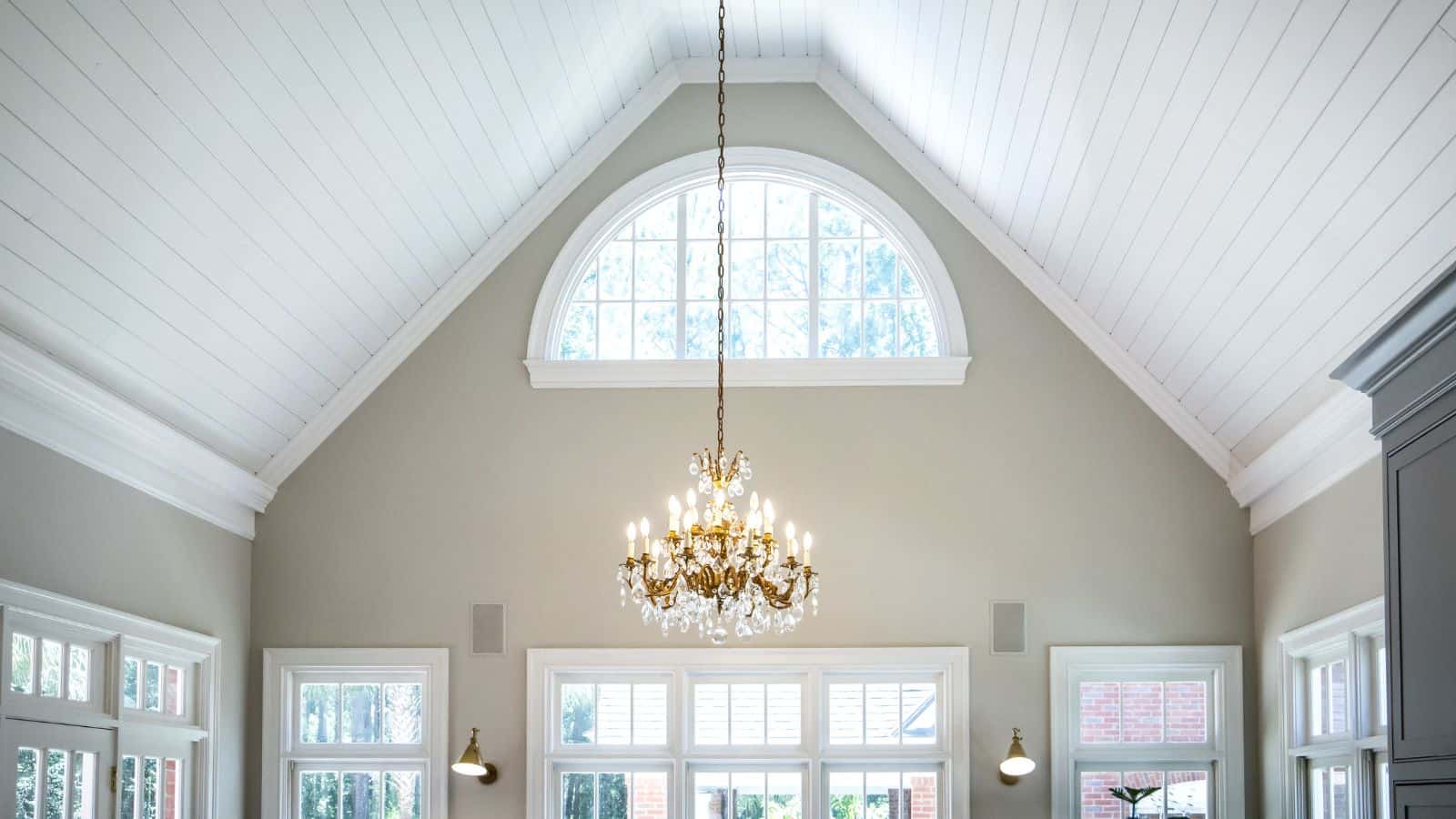
Don’t be fooled into thinking that a statement chandelier or themed light fixture is for everyone–it might suit your taste, but not necessarily everyone else’s. In general, people often prefer simple, neutral lighting that doesn’t force them into a specific style, unlike overly specific fixtures that can feel limiting. So, just stick to versatile, understated lighting options, and you’ll attract more value to your home.
Basement Conversions
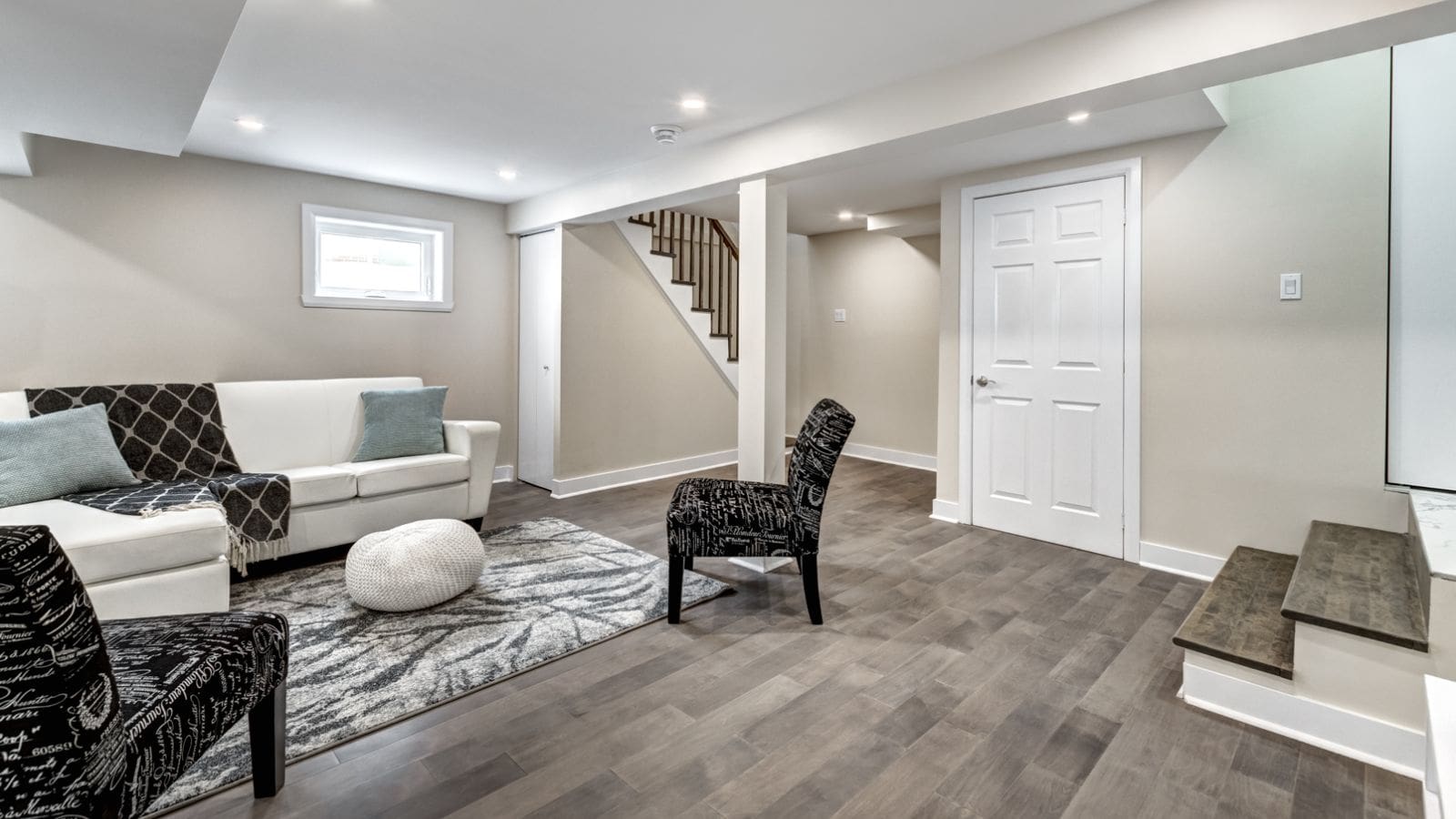
Earlier, we used a wine cellar as an extreme example for a basement conversion, but many people fill their lower floor with a bar, theater, or hobby space. Regardless of what it is, it’s generally a poor choice for property value, as the concept will no doubt appeal only to a niche group. Once again, just keep your basement empty for open house viewings, or the property’s value might suffer for it.
Overly Personalized Décor
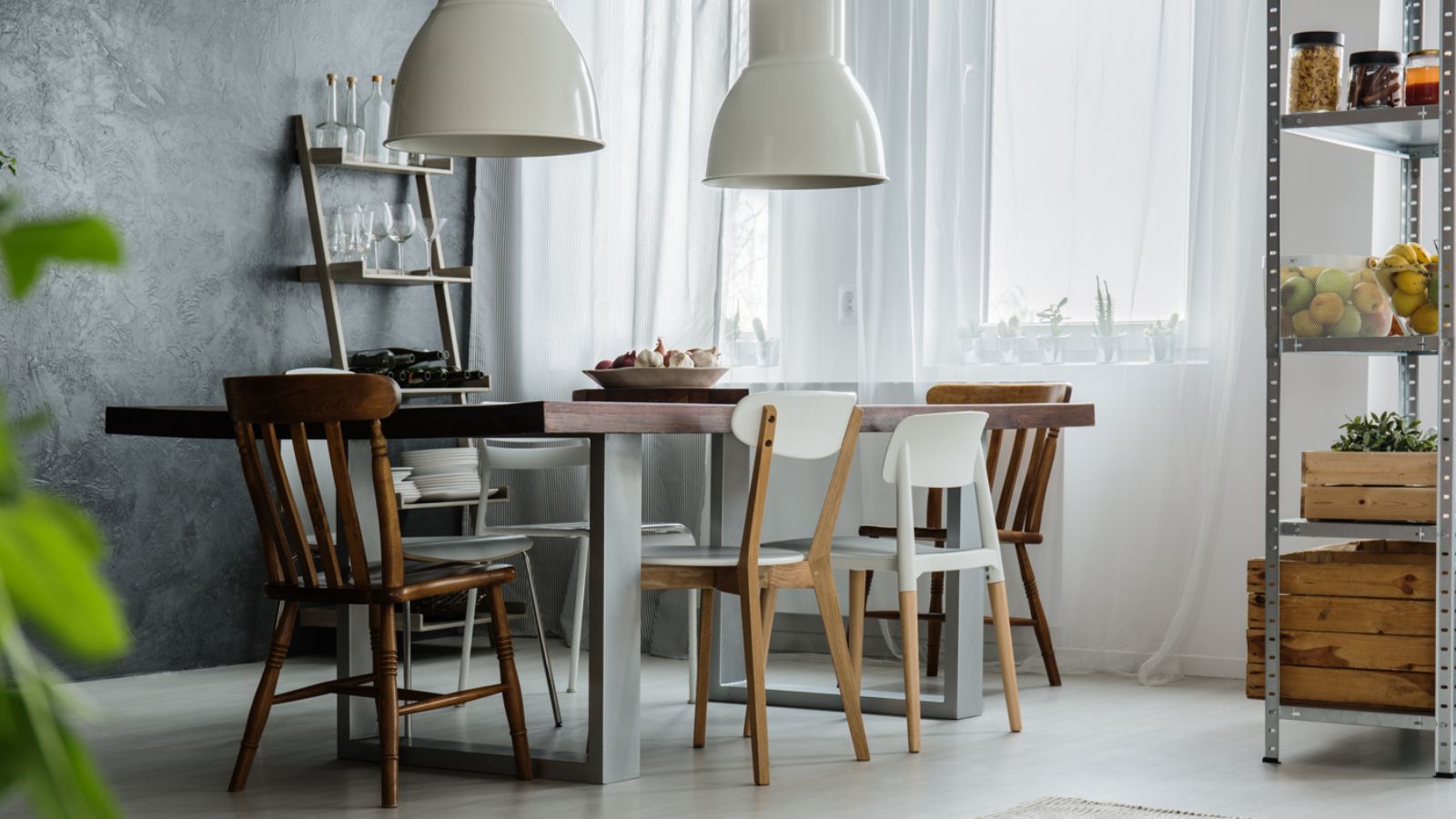
It should be pretty clear by now that personalized décor of any kind should be avoided when selling your home. Even if it feels special to you, prospective viewers may not have the same taste in decor, making it tough for them to envision themselves in the space. It might even feel like they’re intruding, so remember to remove all your decor and neutralize your spaces before putting your home on the market.
Outdoor Kitchens
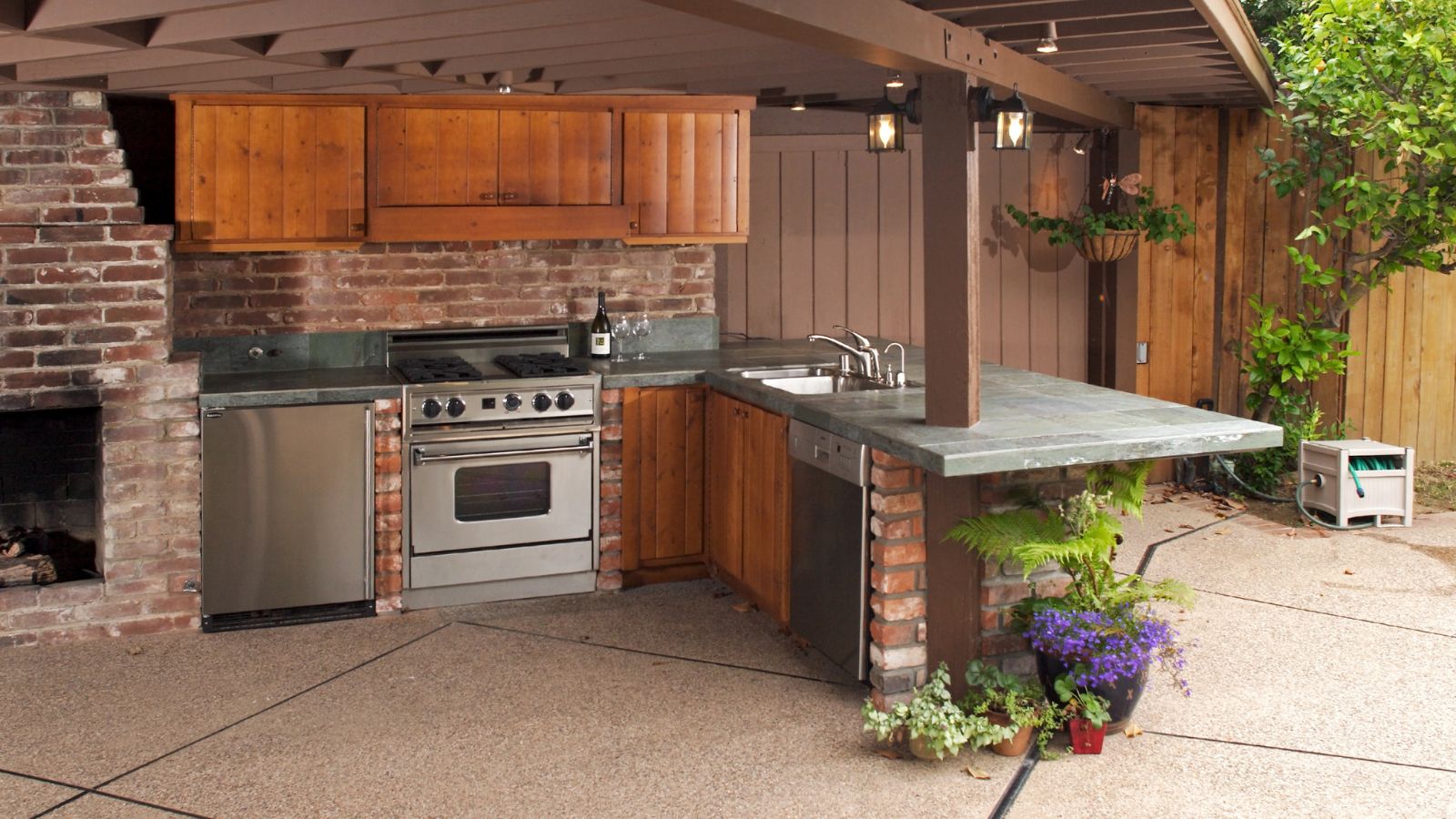
The final home upgrade on this list that probably won’t pay off is an outdoor kitchen. In areas where the weather is consistently nice, this can be perfect for entertaining, but it’s a serious oversight to assume that everyone agrees. Some people don’t even cook or enjoy hosting guests, which would quickly make the upgrade a waste of space for them, so it’s best to ensure that any outdoor kitchen equipment is removable for your potential buyers.
